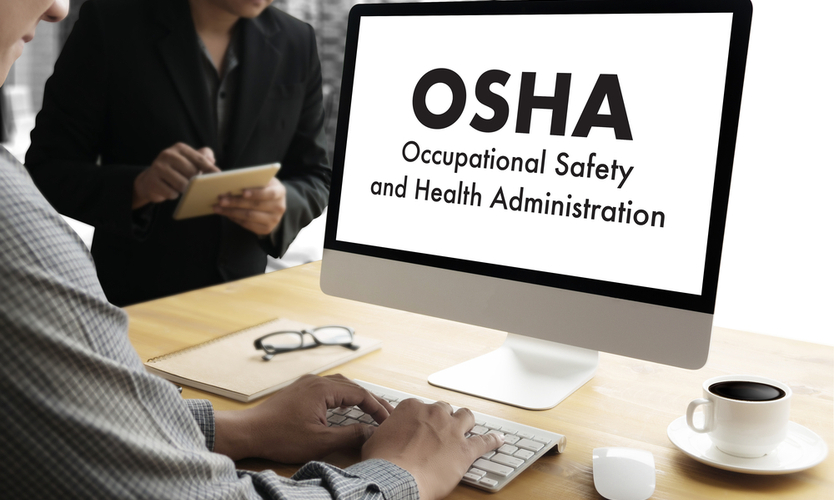Business Insurance on Monday named the 2024 winners of its annual Women to Watch awards program.
The program, which began in 2006, recognizes women leaders doing outstanding work in risk management and commercial insurance. From the beginning, the program has recognized winners working around the globe, and in 2017 the publication expanded the awards to include a separate program specifically for women executives in Europe, the Middle East and Africa.
Business Insurance readers nominated candidates for Women to Watch, and a panel of Business Insurance editors selected the honorees based on those nominations.
Below are this year’s 30 honorees for Women to Watch and 20 honorees for Women to Watch EMEA.
Profiles of the winners will appear in the December issue of Business Insurance. The awards will be presented during events in New York on Nov. 18-19 and London on Dec. 5.
Women to Watch
Stephanie Bolstridge, Travelers Cos. Inc.
Sally Borland, AssuredPartners Inc.
Margaret Bussiere, Risk Strategies Co.
Alicia Carter, Old Dominion Freight Line Inc.
Amber Carver, Burns & Wilcox
Ann Chai, Zurich North America
Jennifer Cogbill, Gallagher Bassett Services Inc.
Alison Erbig, Liberty Mutual Insurance Co.
Michelle Faylo, Lockton Cos. LLC
Eileen Fongemie, The MEMIC Group
Kathy Guerville, Ryan Specialty Holdings Inc.
Maggie Hyland, Sompo International Holdings Ltd.
Judie Meszaros Kirkpatrick, TIAA
Dionne Lacey-Artis, Optum Inc.
Yelena La Forgia, Aspen U.S. and Aspen Insurance, units of Aspen Insurance Holdings Ltd.
Mary MacDonnell, Bridge Specialty, a division of Brown & Brown Inc.
Sarah Nichols, Crum & Forster
Alejandra Nolibos, Willis Towers Watson PLC
Lucy Pilko, Axa XL, a unit of Axa SA
Jennifer Pille, Sedgwick Claims Management Services Inc.
Laura Quackenbush, American International Group Inc.
Laurel Rudnick, FM Affiliated
Julie Saunders, Argo Group International Holdings Ltd.
Deepika Srivastava, The Doctors Co.
Sarah Stephens, Marsh LLC
Caroline Thompson, Cowbell Cyber Inc.
Lauren Tredinnick, Munich Re Specialty, a unit of Munich Reinsurance Co.
Maria Treglia, Arc Excess & Surplus LLC
Christina Williams, Aon PLC
Jessica Xie, Hylant Group Inc.
Women to Watch EMEA
Kirsty Adam, Tokio Marine HCC, a unit of Tokio Marine Holdings Inc.
Funké Adeosun, Allianz Commercial, a unit of Allianz SE
Isabelle Clausner, Xceedance Consulting Ltd.
Ines Cloarec, Liberty Mutual Reinsurance
Anita Gabat, Zurich Insurance Group
Joanna Grant, Fenchurch Law
Lucinda Hodgkinson, Artex Risk Solutions, a unit of Arthur J. Gallagher & Co.
Ellie Horner, Beazley PLC
Chantal Joosse, Willis Towers Watson PLC
Louise Kidd, Berkshire Hathaway Specialty Insurance Co.
Diane Maccury, Charles Taylor Ltd.
Cristina Martinez, Sacyr S.A.
Carly Matson, Altea Insurance
Hema Mistry, Marsh Ltd.
Tania Mouton, Ryan Specialty International, a unit of Ryan Specialty Holdings Inc.
Yvonne Palm, Africa Reinsurance Corp.
Jessica Reimers, Südvers GmbH
Azucena Roldan, Swiss Reinsurance Co. Ltd.
Daniella Smith, Euclid Transactional, a division of Euclid Insurance Services Inc.
Julijana Sumner, Axa XL, a unit of Axa SA
For more information on the New York event, click here. For more information on the London event, click here.









